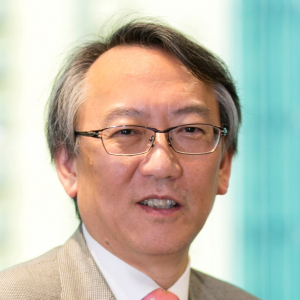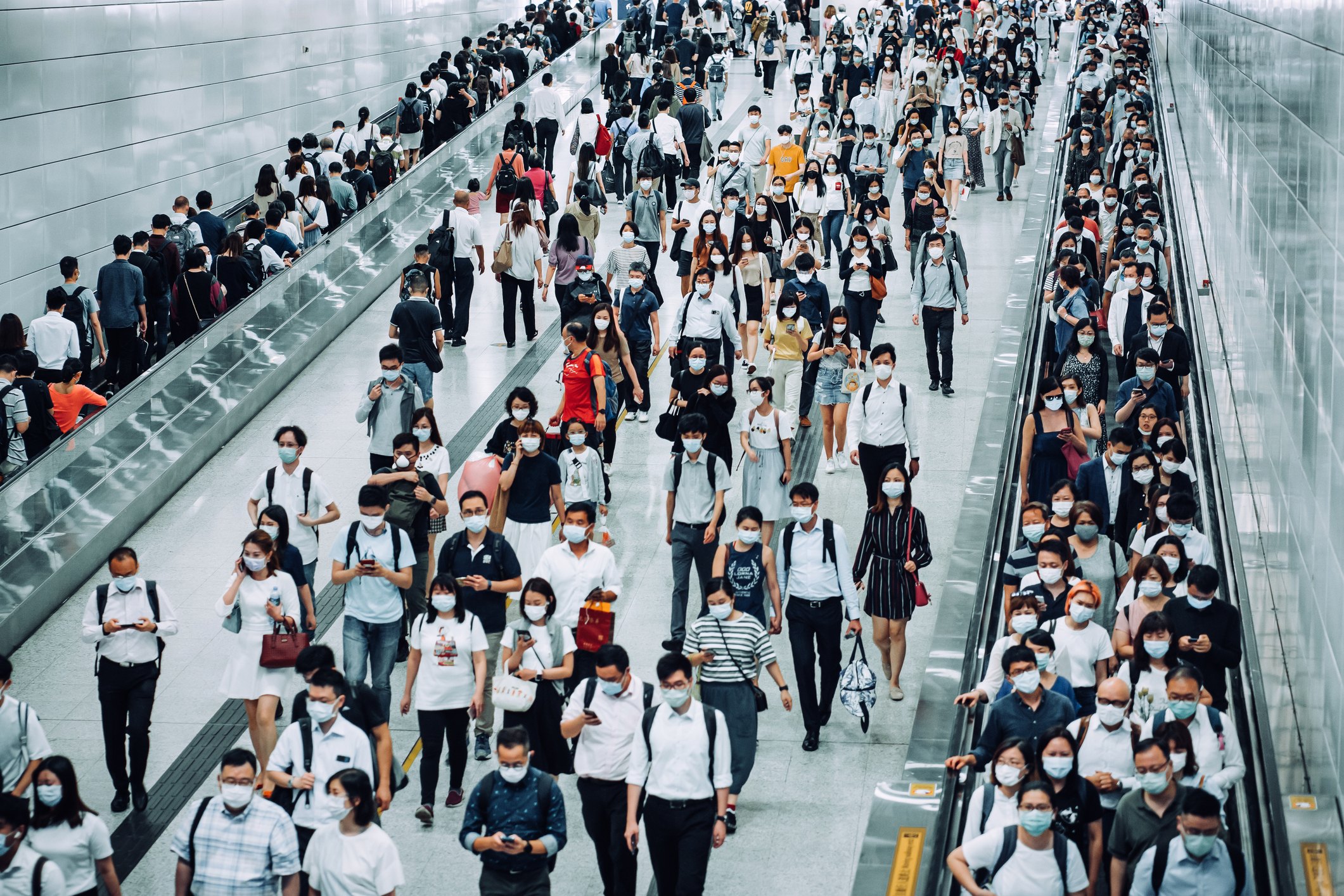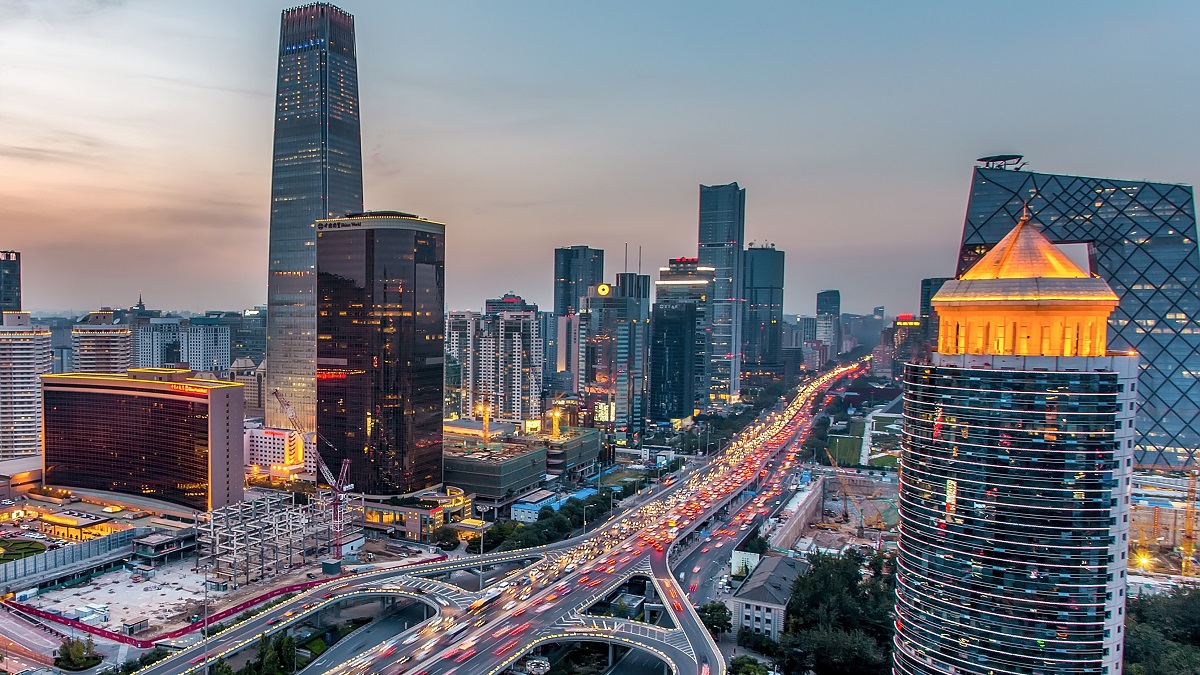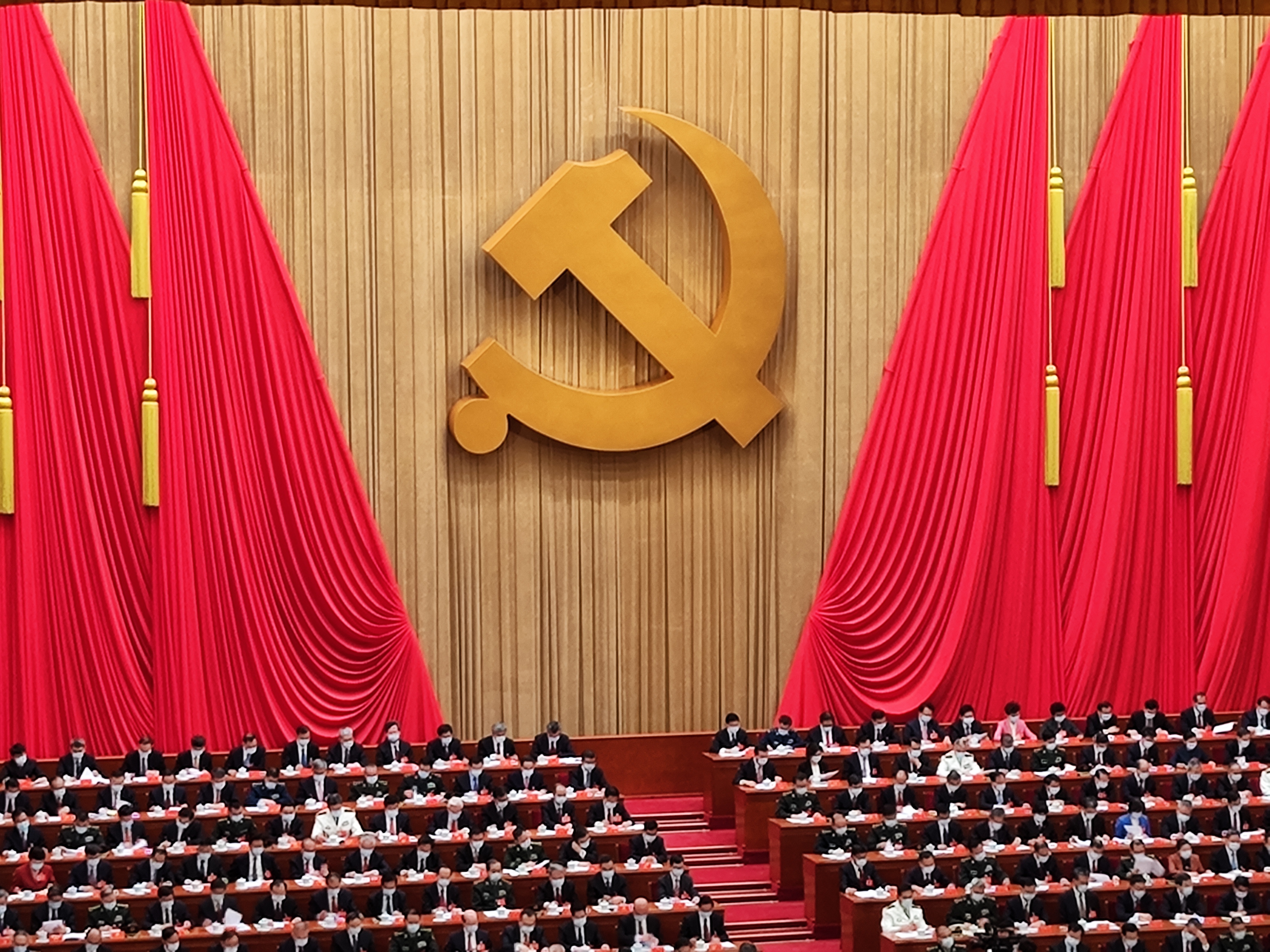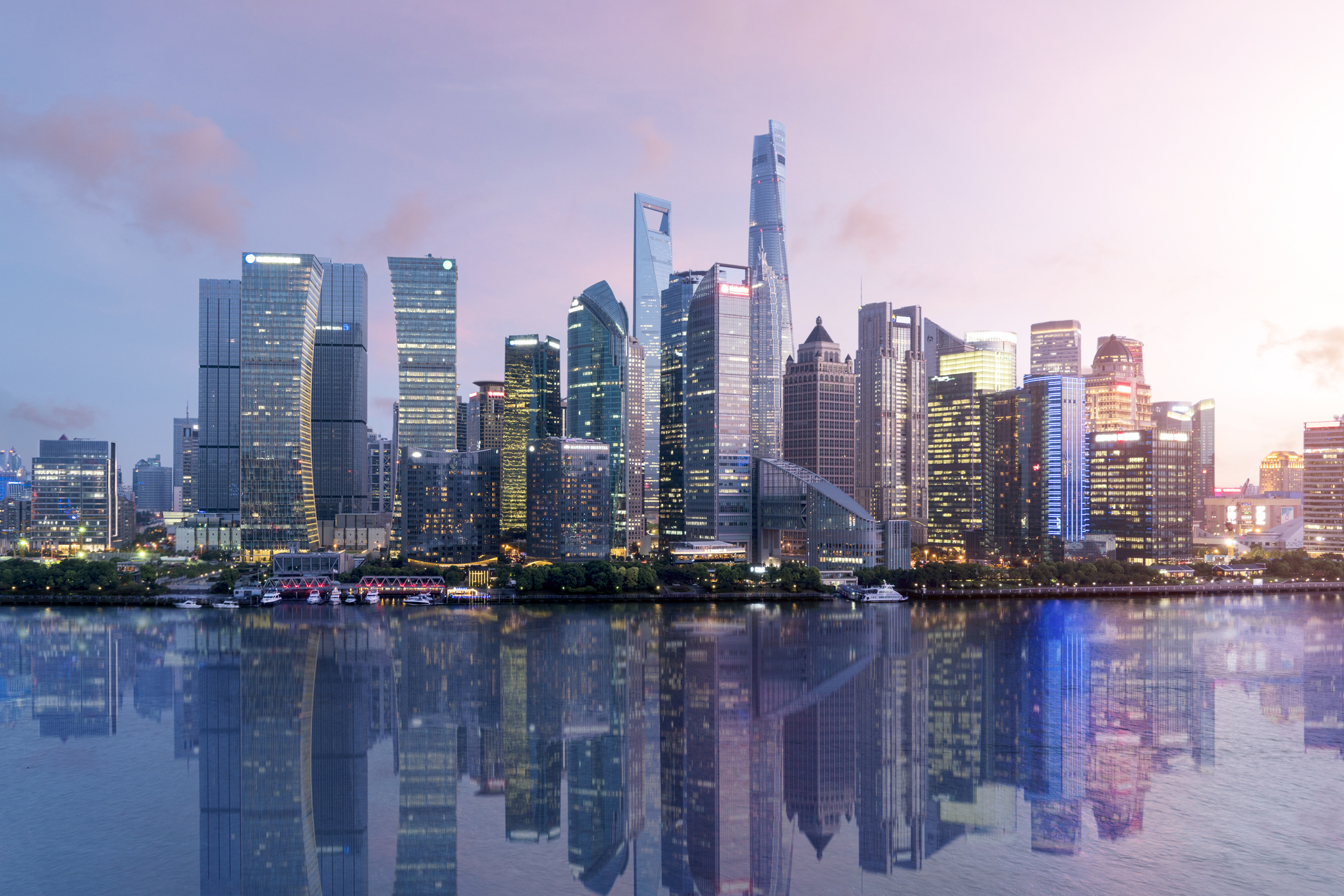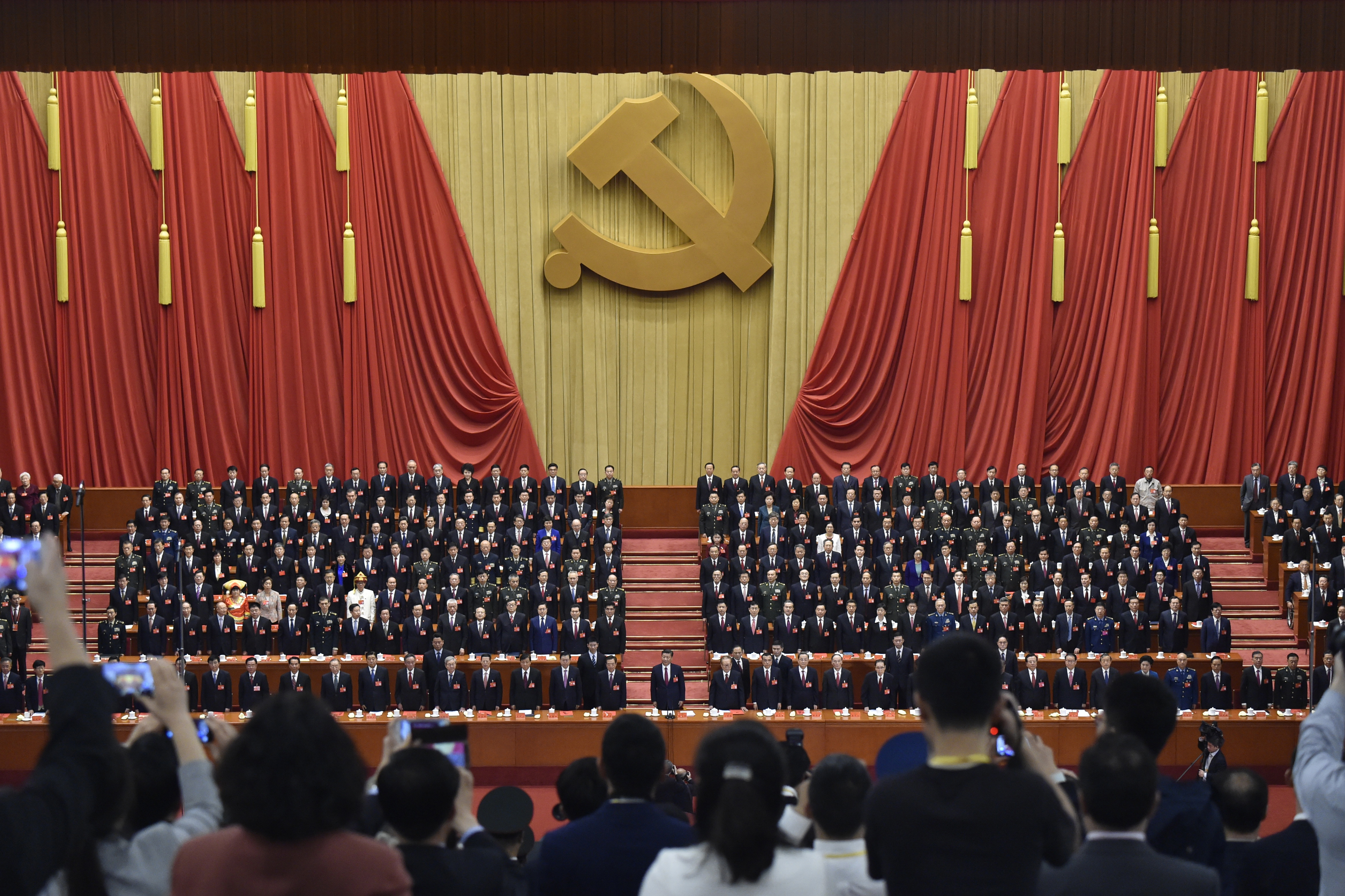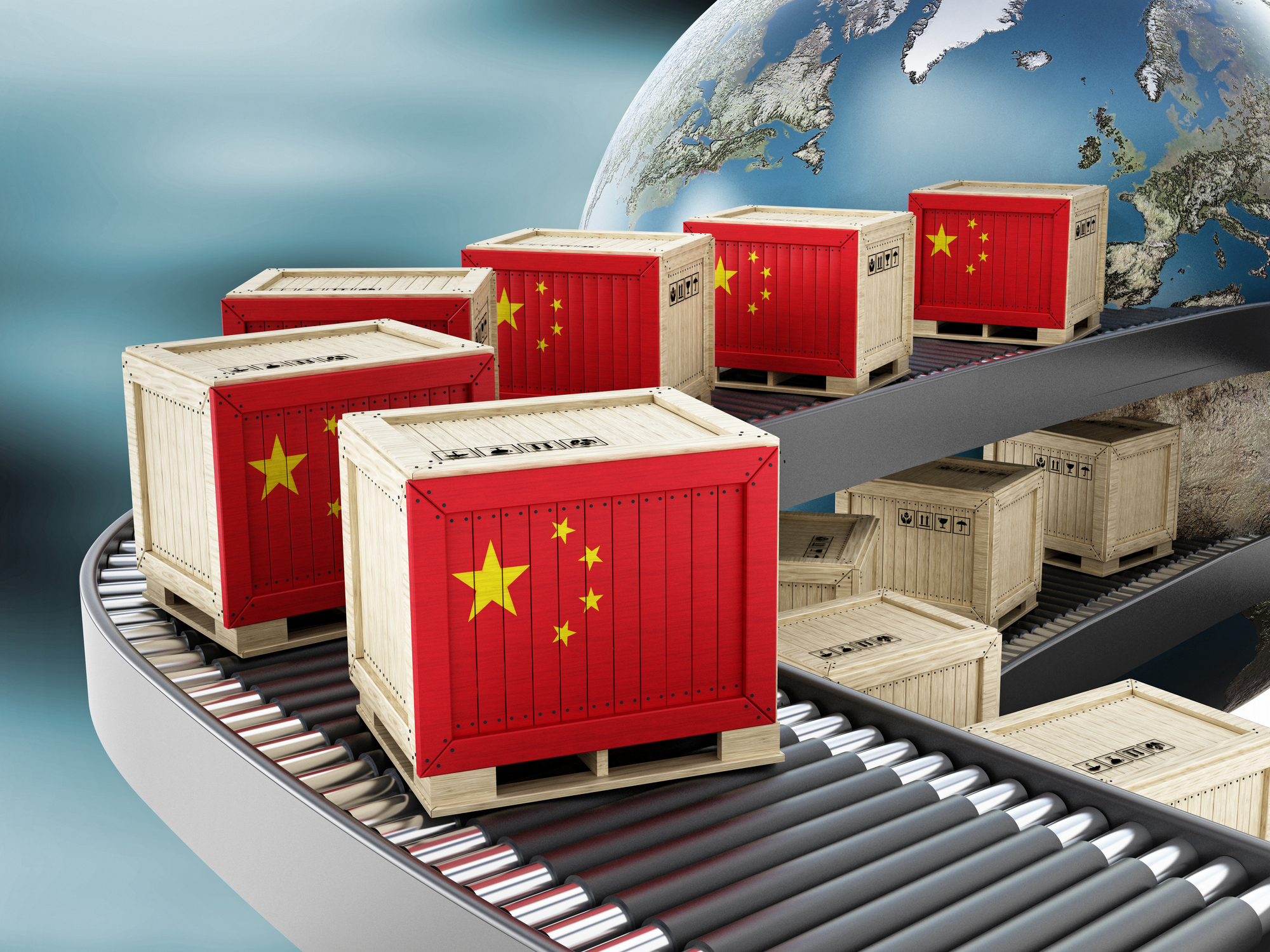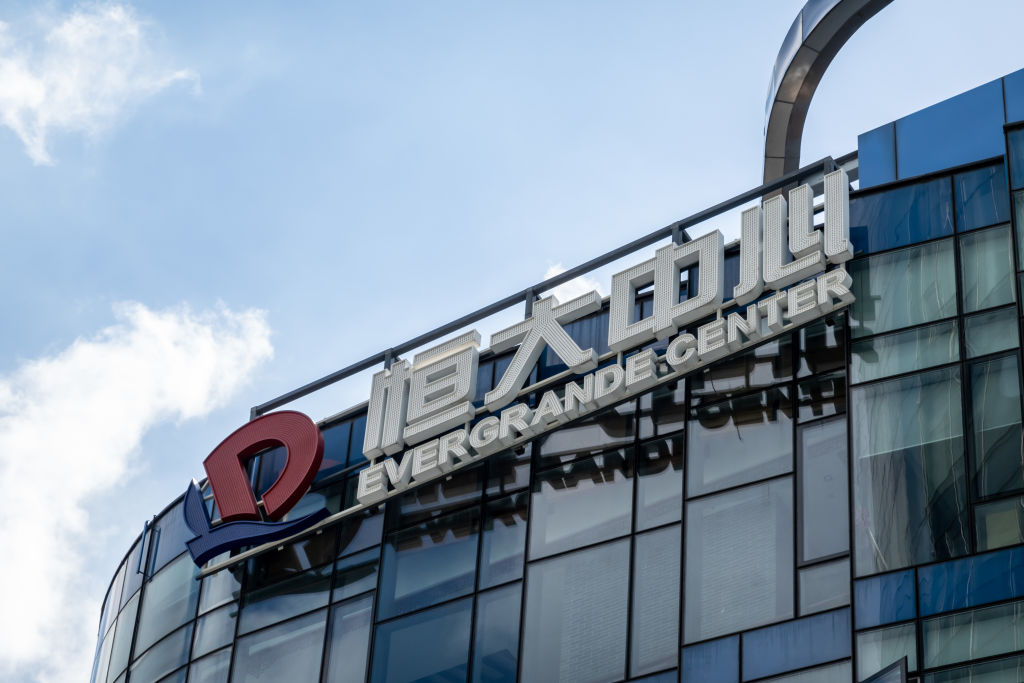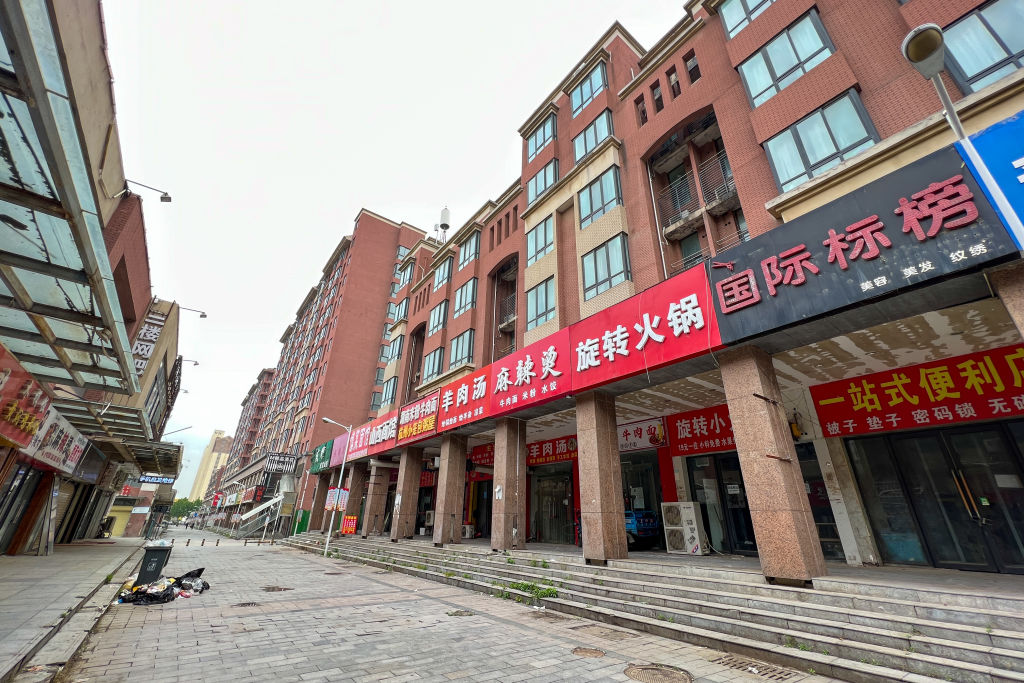
Sino-American Tensions Fuel China Capital Flight
August 21, 2023
O-2023-051E
China has served as the “world’s factory” for many years now, but foreign capital is now pulling up stakes and seeking new places to do business, while China’s wealthy citizens are increasingly looking for other places to park their funds and their families. In an article reprinted from Nippon.com, Ke Long looks at the background to this situation.
Overtaking Japan in Just 30 Years
Over 40 years ago, China’s supreme leader Deng Xiaoping, declared an end to the closed-door policies of Mao Zedong and set the course for reform and opening. In the eyes of foreign visitors of that time, China appeared as a great nation that had become battered and bruised. However, Deng Xiaoping was a realist, realism being an unusual quality for a leader of the Chinese Communist Party. Focused on catching up with the rest of the world, Deng invited direct investment from foreign corporations.
Around 30 years later, the Chinese economy has made great leaps, with China’s GDP surpassing the size of Japan’s in 2010. Around this time, many Chinese started travelling overseas. However, these travelers were taken aback by the crumbling state of the airports, roads, and other infrastructure in the wealthy countries they visited. For the first time in many of their lives, the Chinese felt proud of their country.
In China, there is a trend is to put faith in Darwinism before all else. The underlying theme of the history syllabus taught in China is that strong nations invade weak ones. The Chinese like to boast that China achieved in just 30 years a level of economic growth that took industrialized nations 100 years to achieve. This fact has made the Chinese people even prouder.
Sinocentric Policy Behind China-US Tensions
Curiously, no matter how big the Chinese economy gets, the Chinese government never forgets to assert its developing country status. In 2022, China had a per capita GDP of $12,800. Political scientists say that the Chinese government stresses it is still a developing economy to receive preferential treatment from the World Trade Organization in matters of international trade. If China is framing itself as a developing country to receive preferential treatment despite no longer being one, this seems underhanded.
In fact, by claiming developing nation status, the Chinese government also aims to strengthen its relationship with Africa and other developing regions. In United Nations diplomacy, Africa is the greatest source of votes for China. By claiming developmental status, the Chinese government can show African nations that it is like them.
In fact, since Xi Jinping Took over as president in 2013, the Chinese government has paid $60 billion to African nations every three years. And, despite the slowing of the Chinese economy due to the COVID-19 pandemic, the Chinese government is still promising $30 billion in aid to Africa over the same period going forward. Chinese universities also accept many African students, on whose scholarships they spend a large sum every year. China’s relationship with Africa is a pillar of its foreign policy.
While the international political arena has seen increasing criticism of China’s expansive foreign policy, the relationship between China and developing nations has become unmistakably stronger, and the Belt and Road Initiative is a strategy to further strengthen that relationship. Functioning as a framework to support infrastructure projects in developing countries, the BRI also serves to boost the impact of Chinese foreign policy. In other words, it represents a new Sinocentric world order sought by the Xi government.
However, drunk on the praise he receives from the leaders of developing countries who flock to Beijing to pay tribute, Xi has failed to manage the risk of conflict with the United States. In the process of trying to increase its own influence, the Xi administration made the mistake of clashing with the established US hegemony. The Chinese government might know how to handle developing nations, but it does not yet know enough about handling Washington.
In 2018, the administration of US President Donald Trump slapped sanctions on China out of the blue, citing America’s trade deficit with China. At the same time, Huawei Chief Financial Officer Meng Wanzhou was detained at an airport in Canada at the request of the US Department of Justice. This event would come to trigger conflict between China and the United States, strengthening Xi’s resolve to fight back.
Supply Chain Fallout
It was the COVID-19 pandemic that began in 2020 and continued for three long years that decisively changed the way the world saw China. From an outsider’s perspective, no matter how much China claims to be a developing country, it has caught up significantly with the world’s leading economies. However, China’s systemic lack of transparency represents a significant risk. The Chinese government also failed to announce accurate statistics on rates of COVID-19 infection, and while its zero-COVID policy was intended to stop the virus from spreading, it also had the effect of shutting down vital infrastructure, a decision that may have even wreaked more havoc than the virus itself.
The Chinese government also categorically refuses to allow Taiwan to become independent, and President Xi has repeatedly stressed that he is not afraid to use force to “reunify” Taiwan with the mainland. This represents a serious risk for foreign companies that do business in China. Furthermore, while the Chinese government effectively discontinued its zero-COVID policy in December 2022, it has yet to implement any effective policy to bring about economic recovery.
Amid intensifying China-US tensions, foreign corporations are at a loss to know whether they should withdraw from China. While many economists say it would be impossible for the United States to “decouple” itself from its trading partner, the two countries are in fact already completely divided with respect to innovations in the semiconductor industry and high-tech fields. For example, US universities accepting Chinese researchers as visitors are required to perform thorough background checks. One researcher from a Washington think tank sees the United States’ decoupling from China as a kind of “de-Sinification.” In other words, while total separation between the United States and China is unlikely, the United States has already totally excluded China when it comes to technology related to security and other fields that could threaten American technological hegemony. One example of this is the fact that Chinese manufacturers have become unable to source not only state of the art power semiconductors but also the latest semiconductor manufacturing equipment.
This means that multinationals are being forced to rethink their global supply chains, which are currently concentrated in China. While these corporations will leave their “in China for China” operations as they are, they are rapidly relocating export-oriented manufacturing hubs to India and Vietnam.
The Taiwan Risk
While experts are divided on the likelihood of a Chinese invasion of Taiwan, from a risk management perspective we need to be prepared for such a scenario. Some foreign corporations have already begun relocating their Chinese production hubs. Taipei-headquartered Hon Hai Precision Industry (Foxconn), which manufactures the iPhone range for Apple, is already said to have relocated the lion’s share of its Henan-based factories to India. Some Japanese manufacturers have also closed Chinese factories.
There have been other effects, too: Chinese nationals are hurrying to move overseas. Wealthy Chinese in large cities are increasingly selling apartments and other real estate and emigrating to the United States, Canada, and Australia. In fact, it is not only the wealthy who are trying to leave: Over 6,000 Chinese nationals were apprehended by the US Border Patrol near the Mexican border in the six months since October 2022. These would-be illegal immigrants were definitely not wealthy. In interviews with American media, the first thing that aspiring emigrants say is that China’s zero-COVID policy was a failure. Such a mass exodus from one of the largest economies in the world is unheard of. While I am not going to debate the Chinese identity here, no self-described patriot would abandon his or her country unless something was really wrong.
In closing, let me leave you with a passage from the Analects of Confucius, which reads: weiyuan bu ru, luanbang bu ju, meaning, “never enter a dangerous nation, nor dwell long in a state in chaos.” If China is to become safe for its people to live in again, it must first return to the course taken during the Deng Xiaoping years.
